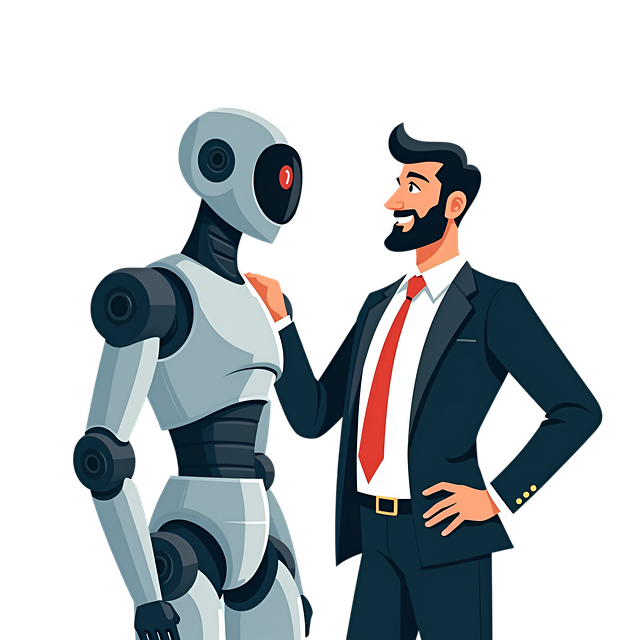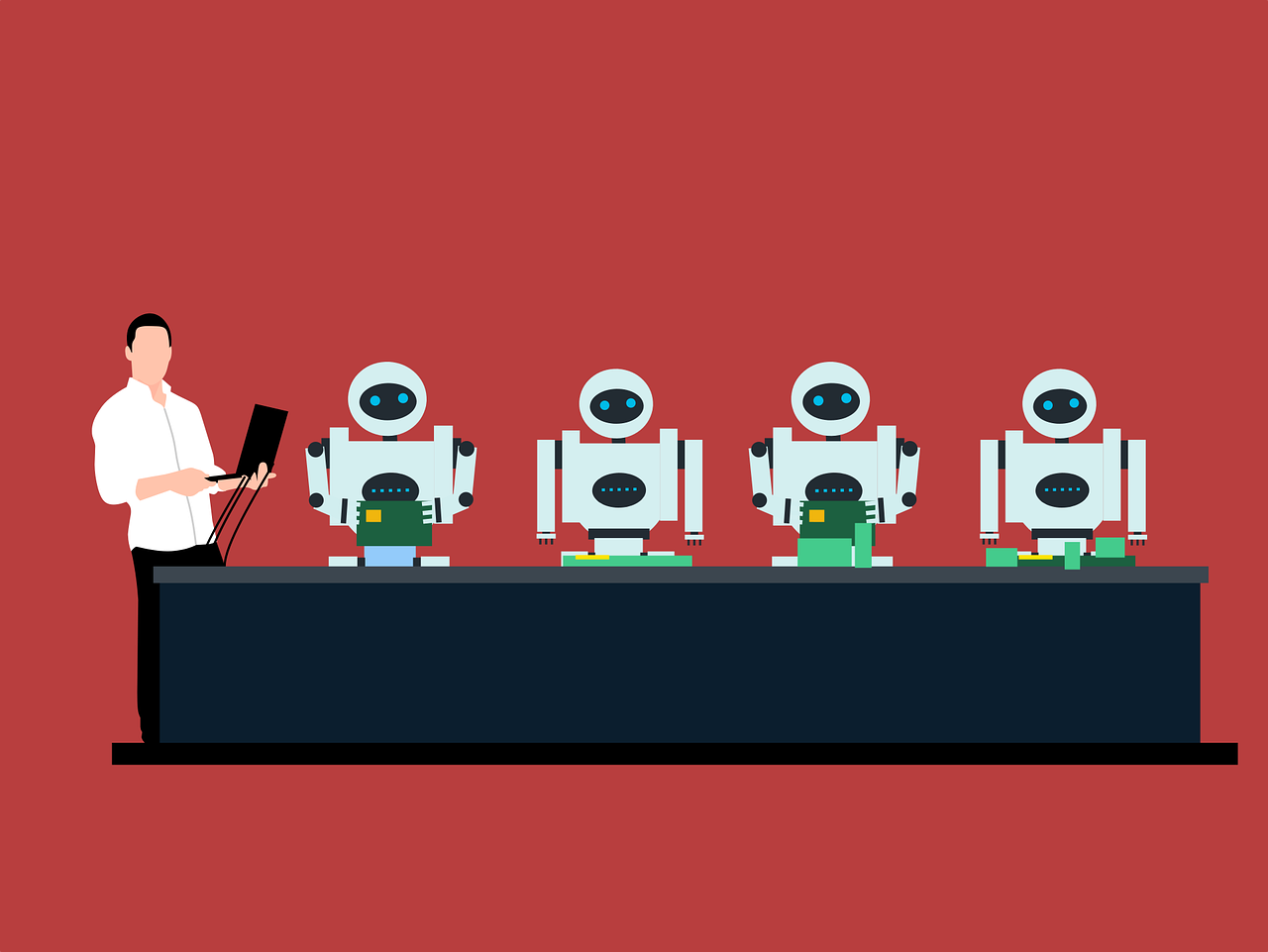How Automation and AI are Transforming the Future of Work: Skills You Need to Stay Ahead
The rapid advancement of technology, particularly in automation and artificial intelligence (AI), is reshaping the landscape of work as we know it. As businesses increasingly adopt these technologies, the nature of jobs is evolving, leading to both opportunities and challenges for the workforce. This article explores how automation and AI are transforming the future of work and highlights the essential skills needed to thrive in this new environment.
The Rise of Automation and AI in the Workplace
Automation and AI are not new concepts; however, their integration into the workplace has accelerated dramatically in recent years. According to a report by McKinsey, up to 800 million jobs could be displaced by automation by 2030, affecting nearly one-fifth of the global workforce.
Key Drivers of Change
Several factors are driving the adoption of automation and AI in various industries:
- Cost Efficiency: Businesses are increasingly looking to reduce operational costs. Automation can streamline processes, reduce errors, and enhance productivity.
- Data-Driven Decision-Making: AI enables organizations to analyze vast amounts of data quickly, leading to more informed decision-making.
- Customer Expectations: As consumers demand faster and more personalized services, companies are leveraging AI to meet these expectations.
The Impact on Job Roles and Industries
The impact of automation and AI is felt across various sectors, leading to significant changes in job roles and responsibilities.
Industries Most Affected
- Manufacturing: Robotics and automation have revolutionized production lines, leading to increased efficiency but also job displacement for manual laborers.
- Retail: AI-driven chatbots and automated checkout systems are transforming customer service and sales processes.
- Healthcare: AI is being used for diagnostics, patient management, and even robotic surgeries, changing the roles of healthcare professionals.
Job Roles in Transition
While some jobs are at risk of being automated, others are emerging as a result of these technological advancements. For instance:
- Data Analysts: As businesses collect more data, the demand for professionals who can interpret and analyze this information is growing.
- AI Specialists: The need for experts who can develop and maintain AI systems is on the rise.
- Cybersecurity Experts: With increased reliance on technology, the demand for cybersecurity professionals to protect sensitive data is critical.

Essential Skills for the Future Workforce
To stay relevant in a rapidly changing job market, workers must develop a new set of skills that complement automation and AI technologies.
Technical Skills
- Data Literacy: Understanding how to read, analyze, and interpret data is crucial. Workers should be comfortable using data analytics tools and software.
- Programming: Basic knowledge of programming languages such as Python or R can be beneficial, especially for those looking to work in AI development.
- AI and Machine Learning: Familiarity with AI concepts and machine learning algorithms will be increasingly valuable.
Soft Skills
In addition to technical skills, soft skills are becoming more important in the age of automation:
- Critical Thinking: The ability to analyze situations and make informed decisions is essential, especially when working alongside AI systems.
- Creativity: As machines take over routine tasks, human creativity will be a key differentiator in problem-solving and innovation.
- Emotional Intelligence: Understanding and managing emotions will be vital in roles that require collaboration and interpersonal communication.
Adaptability and Lifelong Learning
The ability to adapt to new technologies and a commitment to lifelong learning are perhaps the most critical skills for the future workforce. Workers should:
- Embrace Change: Being open to new technologies and processes will help individuals stay ahead in their careers.
- Pursue Continuous Education: Engaging in online courses, workshops, and certifications can help workers keep their skills up to date.
Case Studies: Companies Leading the Way
Several companies are at the forefront of integrating automation and AI into their operations, providing valuable lessons for others.
Amazon
Amazon has leveraged automation extensively in its warehouses, using robots to assist with inventory management and order fulfilment. This has not only increased efficiency but also created new roles in robotics management and data analysis.
IBM
IBM has invested heavily in AI through its Watson platform, which is used in various sectors, including healthcare and finance. The company emphasizes the importance of reskilling its workforce to adapt to new technologies, and offering training programs to help employees transition into new roles.
Tesla
Tesla’s use of AI in its manufacturing processes and autonomous vehicles showcases the potential of these technologies. The company continually seeks skilled workers in AI development, engineering, and data analysis, highlighting the demand for specialized skills in the industry.
Preparing for the Future: Strategies for Workers
As the future of work continues to evolve, individuals can take proactive steps to prepare themselves for the changes ahead.
Networking and Professional Development
- Join Professional Organizations: Engaging with industry groups can provide valuable networking opportunities and access to resources.
- Attend Conferences and Workshops: Staying informed about the latest trends and technologies can help workers remain competitive.
Emphasizing Personal Branding
- Build an Online Presence: Utilizing platforms like LinkedIn to showcase skills and experiences can enhance visibility to potential employers.
- Share Knowledge: Contributing to discussions and sharing insights on social media can establish individuals as thought leaders in their fields.
Conclusion
The transformation of the workplace due toautomation and AI presents both challenges and opportunities. As job roles evolve, workers must adapt by acquiring new technical and soft skills. Emphasizing data literacy, programming, critical thinking, and emotional intelligence will be essential for success in the future workforce.
By embracing change, committing to lifelong learning, and actively engaging in professional development, individuals can position themselves to thrive in an increasingly automated world. The future of work is not just about technology; it’s about the people who will harness that technology to drive innovation and growth.



